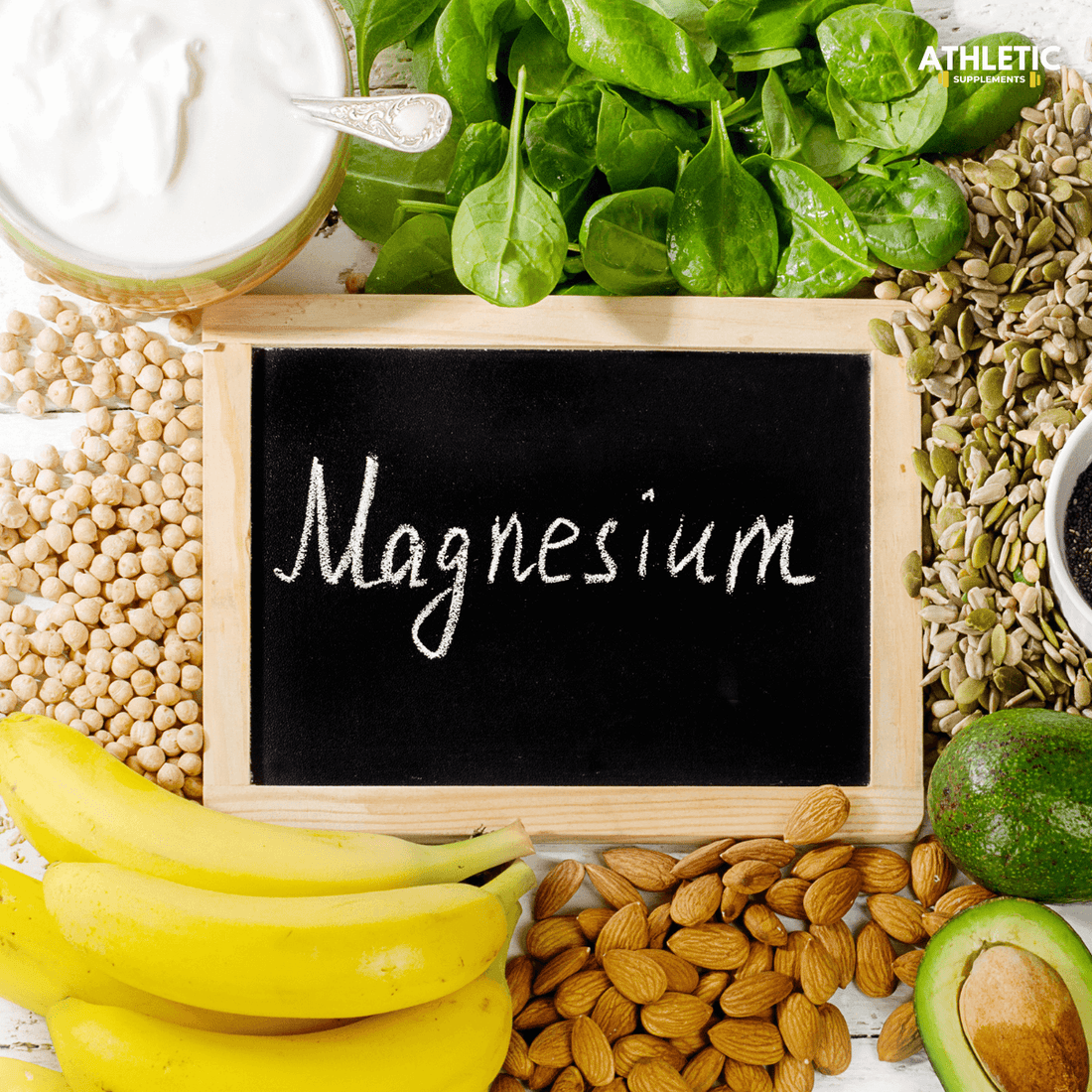Magnesium is an essential mineral that plays a key role in numerous biological processes in the body. Particularly in connection with sporting activity, magnesium has far-reaching effects on the performance, recovery and general health of athletes. In this article we will look at the importance of magnesium in sport and how you can ensure that your body is adequately supplied.
Why is magnesium important for athletes?
Magnesium is involved in more than 300 enzymatic reactions that are crucial for energy metabolism, muscle contraction, protein synthesis and the regulation of nerve function. In the sports context, here are some of the important aspects:
1. Energy metabolism:
Magnesium plays a crucial role in converting food into energy. It supports ATP metabolism, which is the main source of energy for muscles during exercise.
2. Muscle contraction:
Magnesium is essential for normal muscle function and contraction. A deficiency can lead to muscle cramps, twitching and weakness.
3. Electrolyte Balance:
Along with potassium and sodium, magnesium contributes to electrolyte balance. This is crucial for water regulation and preventing dehydration, especially during vigorous exercise.
4. Protein Synthesis:
Magnesium is involved in the formation of proteins, which is crucial for muscle building and recovery after training.
5. Nerve function:
It supports the normal functioning of the nervous system, which is important for coordination, reflexes and general motor control.

Magnesium deficiency in athletes:
Athletes, especially endurance athletes, often have a higher need for magnesium due to increased sweat production and increased energy consumption. Magnesium deficiency can lead to impaired performance, muscle cramps, fatigue and delayed recovery.
Magnesium sources and supplementation:
1. Natural Sources:
- Nuts and seeds (especially pumpkin seeds)
- Green leafy vegetables (spinach, kale)
- Whole grain products (whole grain bread, oatmeal)
- Fish (especially salmon)
- Legumes (beans, lentils)
2. Magnesium supplements:
In the case of a proven deficiency or for athletes with intensive training, targeted magnesium supplementation can be considered in consultation with a nutrition coach.
Recommendations for athletes:
-
Optimize diet: Eat a balanced diet rich in magnesium-rich foods.
-
Hydration: Drink enough water, especially during intense workouts, to compensate for magnesium loss through sweat.
-
Supplement Wisely: Consult a nutritionist before taking magnesium supplements to ensure they fit your individual needs.
- Monitor symptoms: Watch for signs of magnesium deficiency, such as muscle cramps, fatigue, or sleep problems, and respond accordingly.
Conclusion:
Magnesium is a crucial mineral for athletes, affecting a variety of functions in the body. Maintaining balanced magnesium levels through a healthy diet and supplementation if necessary can increase athletic performance and contribute to overall well-being. Athletes should pay particular attention to meeting their magnesium needs to get the best results from their training.

